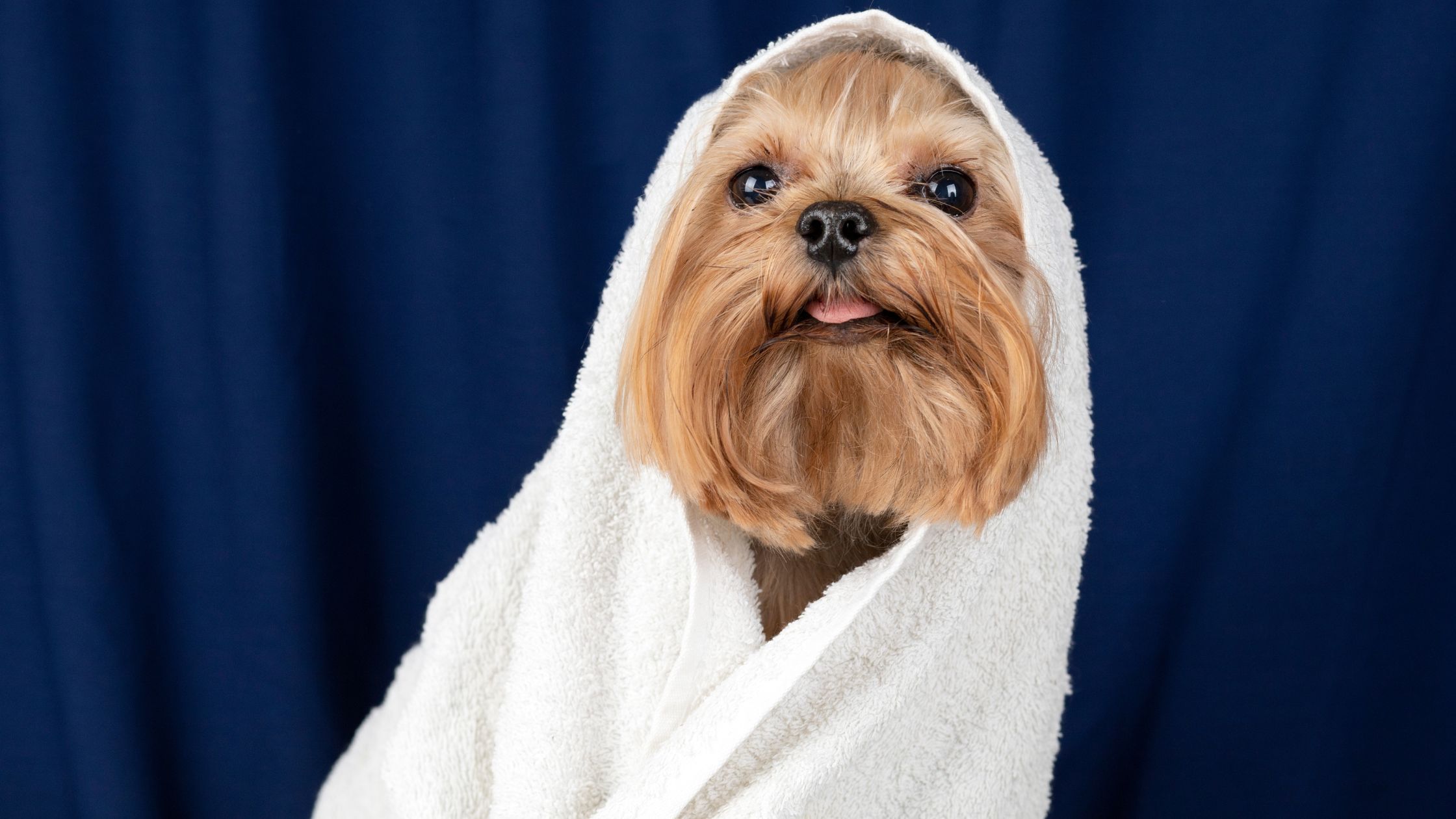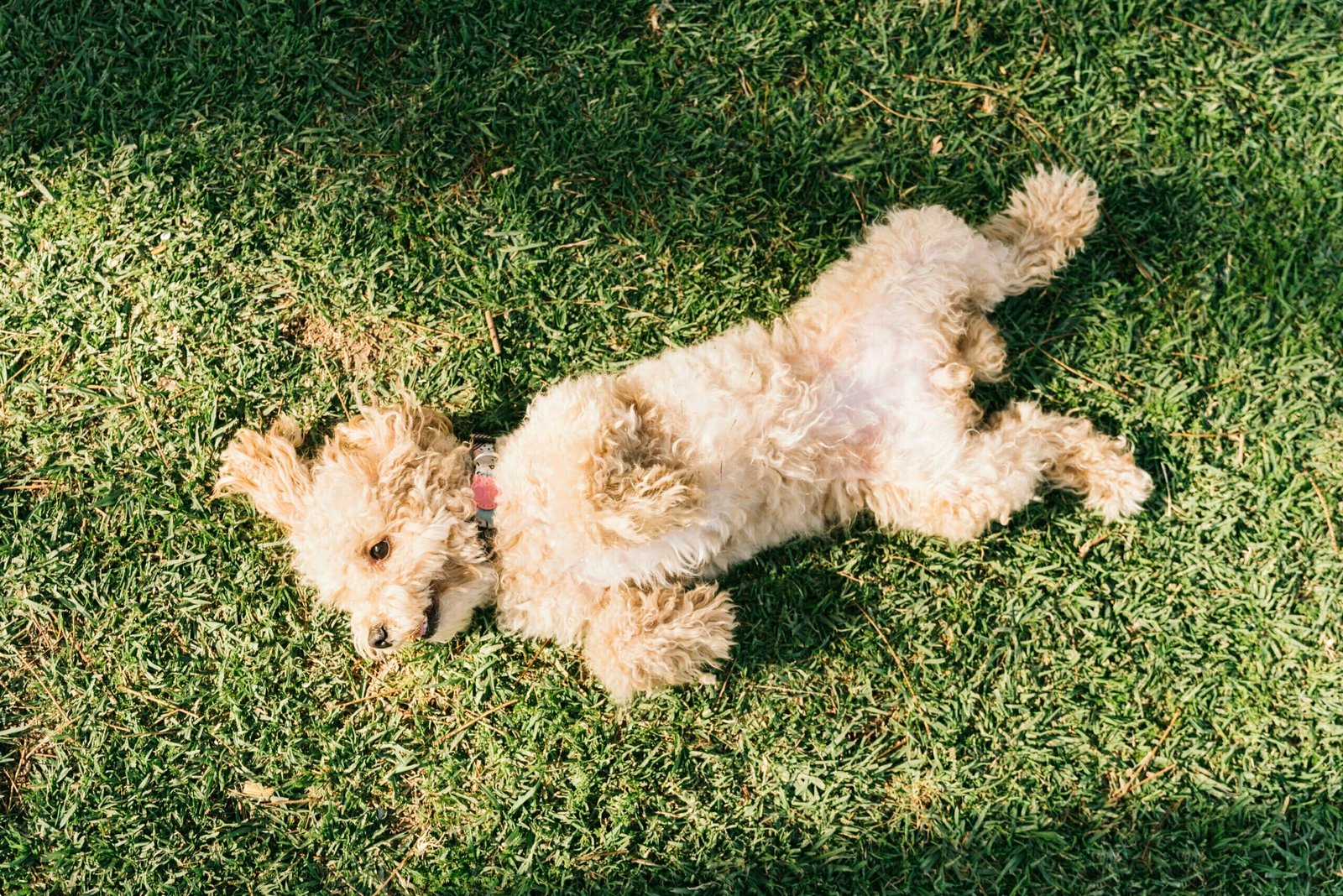
THE IMPORTANCE OF CHOOSING THE RIGHT DOG FOR YOUR HOUSEHOLD
Selecting the perfect dog for your household is a decision that should be made with careful consideration. Dogs come in various breeds, each with its unique characteristics, needs, and temperament. Let us help choose the right dog for the right household.
Choose Dog That will Walk same step as you
To ensure a harmonious match between your family and your furry friend, it’s crucial to choose the right dog breed that aligns with your lifestyle, living situation, and preferences. Here we will show you how to choose the right dog for the right household!
Let’s explore the key factors and considerations that will help you make an informed decision when selecting a dog for your household. Selecting the right dog for your household is a decision that will impact your life for years to come. It’s not just about finding a pet; it’s about forming a lasting bond and ensuring that both your family and your furry friend thrive together.
How to know if this dog is the right one for your household
- Harmonious Living: The dog’s temperament and needs align with your family’s lifestyle.
- Safety and Compatibility: The dog is safe and compatible with children, older people, or other pets in the household.
- Happiness and Fulfillment: Your dog adds joy and companionship to your life, enhancing your overall well-being.
- Understanding Your Lifestyle and Needs: To make the right choice, it’s crucial to evaluate your lifestyle, living situation, and the specific needs of your household.
Consider the following factors:
- Family Dynamics: The number of adults and children in your household. Whether you have other pets and their temperaments.
- Activity Level: Your family’s activity level, including exercise routines. Your willingness and ability to engage in physical and mental activities with your dog.
- Living Space: Whether you live in an apartment, a house with a yard, or another type of residence. Any space limitations or specific requirements for your living situation.

DOG BREEDS AND THEIR CHARACTERISTICS
Each dog breed has its own unique characteristics, including size, energy level, temperament, and grooming needs. Understanding these traits is essential when choosing the right dog for your household.
Dog Differences
- Size and Energy Level: Small breeds are often well-suited for apartment living, while larger breeds may require more space and exercise. High-energy breeds thrive with active families, while low-energy breeds are more suitable for a quieter lifestyle.
- Temperament and Personality: Some breeds are known for their friendliness and social nature, while others are more independent. Consider the breed’s compatibility with children, other pets, and your family’s personality.
- Grooming and Allergies: Some breeds shed minimally and are considered hypoallergenic, making them a better choice for allergy sufferers. High-maintenance grooming breeds may require more time and resources for coat care.
Puppies vs. Adult Dogs
Choosing between a puppy and an adult dog is a significant decision with its own set of considerations.
- Benefits of Puppies: You can shape their behavior and socialization from a young age. Puppies often adapt well to your family and lifestyle.
- Challenges of Puppies: Puppies require time and effort for training, socialization, and housebreaking. They have boundless energy and may not be suitable for households with older people or young children.
- Benefits of Adult Dogs: Many adult dogs are already trained, making them an easier fit for your household. They may have a calm demeanor, which can be ideal for older people or families looking for a more relaxed pet.
- Challenges of Adult Dogs: Some adult dogs may have existing behavioral issues that require extra attention. It may take time for an adult dog to adjust to a new household and bond with the family.
Adopting Dogs vs. Buying Dogs
When acquiring a dog, you have two primary options: adopting from a shelter or rescue organization or purchasing from a reputable breeder.
- Shelters and Rescue Organizations: Adoption provides a loving home for dogs in need. You have the opportunity to give a second chance to dogs looking for forever homes.
- Reputable Breeders: Breeders can offer puppies with known lineage and health history. You can choose specific breeds or select a puppy based on your preferences.

SPECIFIC DOG BREEDS FOR DIFFERENT HOUSEHOLDS
While there are countless dog breeds to consider, some are better suited for specific households!
Tips to choose the right dog for the right household
- Families with Children: Breeds like Labrador Retrievers, Golden Retrievers, and Beagles are known for their friendliness and patience with kids. Always supervise interactions between dogs and young children to ensure safety.
- Singles or Older People: Low-energy breeds like Basset Hounds, Bulldogs, or Shih Tzus can be excellent companions for singles or older people. Consider a dog’s ability to provide emotional support and companionship.
- Apartment Dwellers: Small breeds such as Chihuahuas, Pomeranians, or French Bulldogs are often well-suited for apartment living. Ensure that your apartment complex allows dogs and that you have access to nearby parks for exercise.
- Active Individuals: Breeds like Border Collies, Australian Shepherds, and Siberian Huskies thrive with active families or individuals. Be prepared for regular exercise and mental stimulation to keep these dogs happy.
Rescue and Mixed-Breed Dogs
Rescue dogs, including mixed-breeds, have their own unique appeal. They often bring a sense of gratitude and loyalty to their new families.
- The Unique Appeal: Rescue dogs provide a home for pets in need and are often deeply appreciative of their new families. Mixed-breeds can offer a unique combination of characteristics from various breeds.
- Potential Challenges: Rescue dogs may have unknown or traumatic backgrounds that require additional patience and care. Mixed-breeds can have unpredictable traits, which may or may not align with your household’s needs.

THE TRIAL PERIOD: MEETING YOUR NEW DOG
When you’re ready to bring a dog into your household, it’s crucial to ensure compatibility through a trial period.
Steps to take when meeting your new dog
- Initial Interactions: Meet the dog in a neutral location to gauge their behavior and temperament.
- Introduce the dog to family members and other pets gradually and under supervision.
- Ensuring Compatibility: Spend time with the dog in your home before making a final decision. Observe how the dog interacts with your family and living space.
The Responsibilities of Dog Ownership
Owning a dog comes with various responsibilities that extend beyond the initial selection.
Ensure you are prepared for the ongoing commitments:
- Training and Socialization: Commit to training, socializing, and providing mental stimulation for your dog. Consider taking obedience classes or ask a professional trainer to work with you if needed.
- Exercise and Nutrition: Having regular exercises and walks will keep your dog physically and mentally healthy. Choose high-quality dog food and establish a feeding schedule.
- Health and Veterinary Care: Taking your dog to veterinarian for a regular check-up will ensure your dog’s health. Keep up with vaccinations, preventive medications, and dental care.
The Right Dog in the Household is A Lifelong Bond
Choosing the right dog for your household is a decision that extends far beyond the selection process. It’s the beginning of a lifelong bond filled with love, companionship, and shared experiences. With careful consideration of your family’s needs, your dog’s characteristics, and the responsibilities of dog ownership, you can ensure a harmonious and fulfilling relationship between your household and your dog companion.
Selecting the right dog for your household is a decision that should be made with careful consideration. You need to understand your family’s needs and evaluate the specific dog breeds. Ensure compatibility through a trial period. When ready you can create a lifelong bond that is based on mutual happiness.
If you want to have a new pet in your household check the adoption sites as Petfinder!









